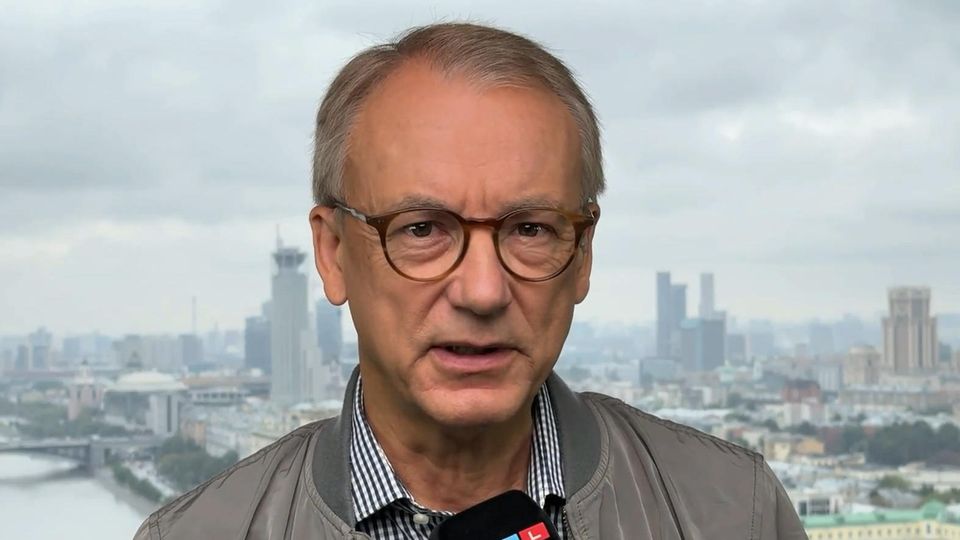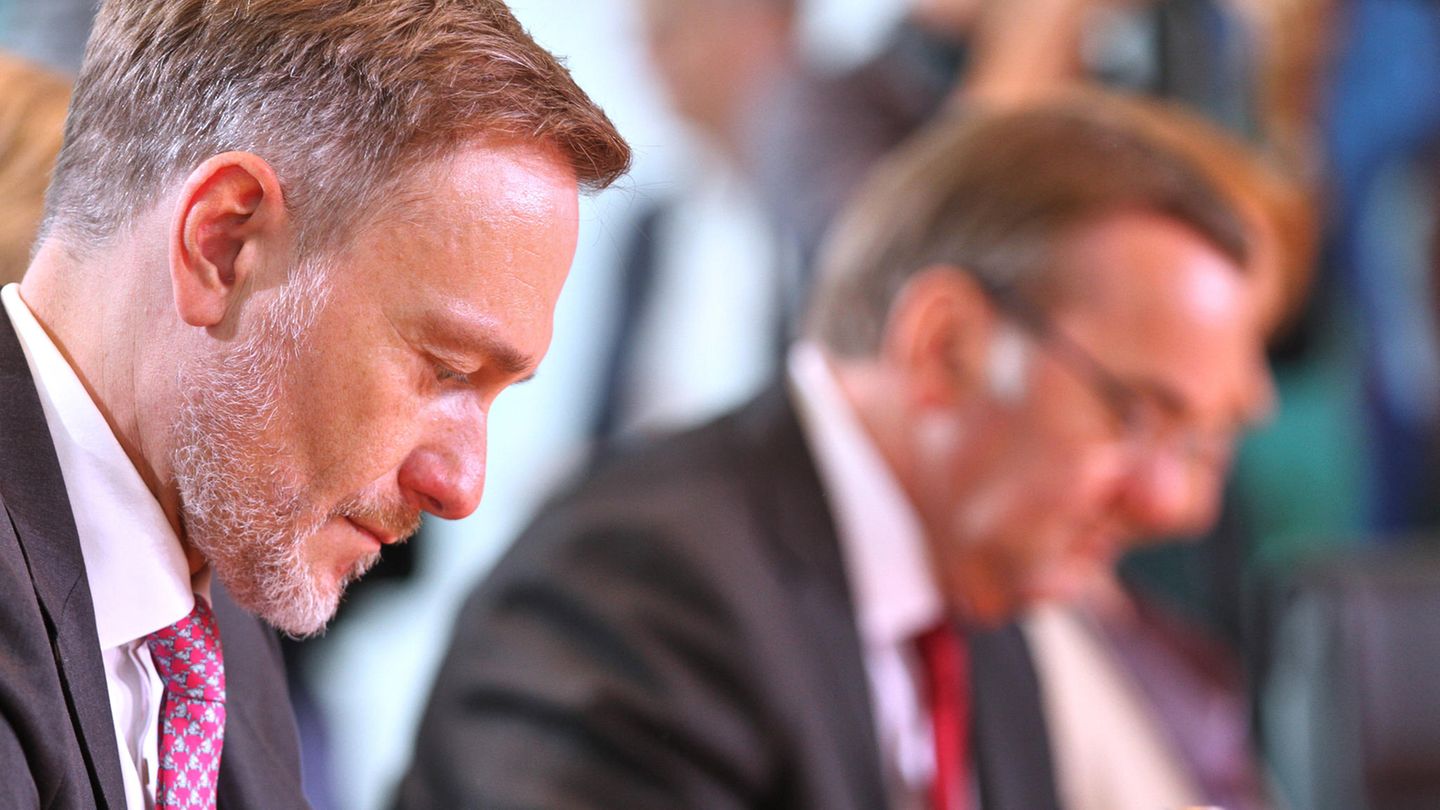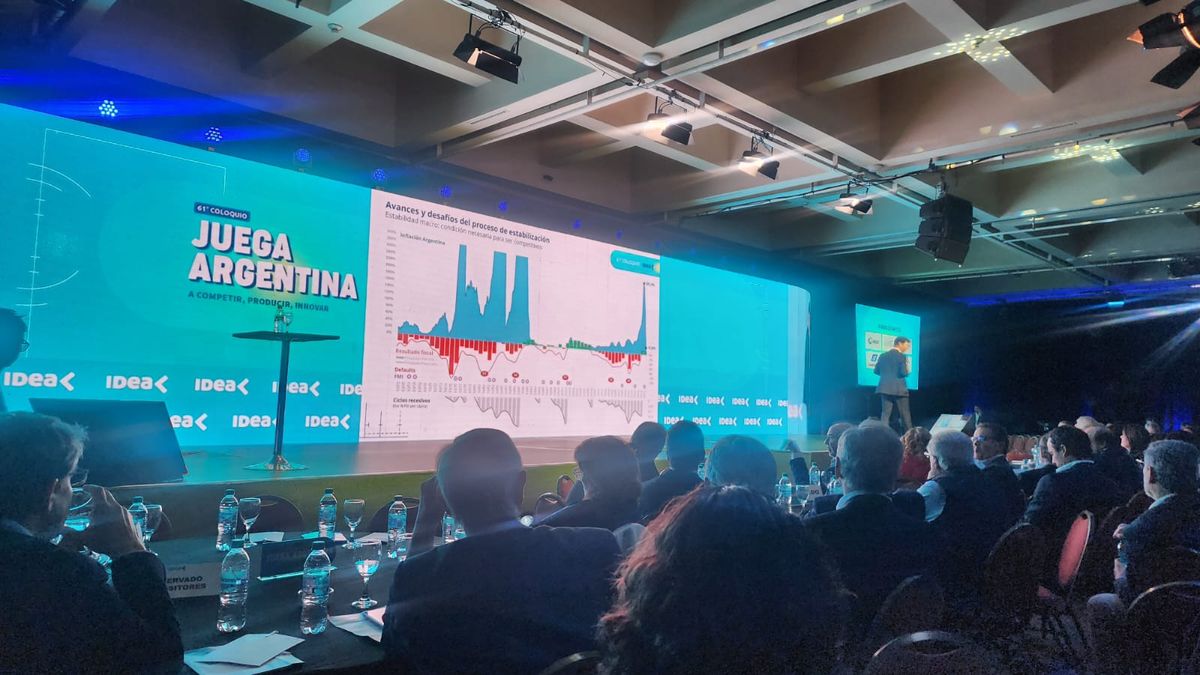Russia would probably be pleased if Germany cuts off the money supply to Ukraine – but that is not certain. In any case, there is discontent not only in the Union.
The coalition’s approach to further financing aid to Ukraine has also been criticized within its own ranks. “It is a fatal signal from the federal government to Ukraine if no further funds for new military aid are planned in the future federal budgets,” warned the chairman of the Bundestag’s Foreign Affairs Committee, the Social Democrat Michael Roth, in the newspapers of the Funke media group.
However, it is still unclear whether it will really come to that.
What it is about
Finance Minister Christian Lindner (FDP) wrote in a letter to Defense Minister Boris Pistorius (SPD) and Foreign Minister Annalena Baerbock (Greens) that “new measures” should only be taken if “funding is secured” in the budget plans for this and the coming years. In addition: “Please ensure that the upper limits are adhered to.”
The letter has been made available to the German Press Agency and the “Frankfurter Allgemeine Sonntagszeitung”. According to reports, however, the Finance Ministry stated on Saturday that it was still willing to talk. However, needs must be reported specifically and verifiable – so far, no needs have been reported. In principle, the Federal Government is counting on Ukraine being able to receive greater support in the future with the help of interest from frozen Russian state assets.
What Germany provides to Ukraine
This year, Germany is allocating almost 7.5 billion euros for military support to Ukraine, and four billion euros for 2025. Beyond that, no further funds are available in the current budget, as the AFP news agency learned. The problem is that, according to media reports, the money has already been largely allocated.
The federal government’s plans call for aid to Ukraine to be financed beyond the planned amounts from a new international pot of 50 billion euros – and no longer from the federal budget. As recently agreed by the G7 group of states, interest income from frozen Russian assets is to be used.
Bodycam recordings
This is how Russian soldiers see the war in Kursk
What Foreign Affairs Committee Chairman Roth criticizes
Roth is a prominent advocate of strong military aid for Ukraine, which has supported the defensive fight against aggressor Russia with a surprise advance into Russian border areas. “The Ukrainian army is on the offensive for the first time in months, and the country now needs the full support of its most important military ally in Europe, Germany. Instead, the debate about the future financing of military aid seems like a disguised retreat from responsibility by Germany,” criticized Roth. “We cannot make our security dependent on budgetary constraints.” The 50 billion dollars from the G7 fund, which is also to be filled from Russian assets, is “far from enough.”
Where the Union raises questions
The parliamentary secretary of the Union in the Bundestag, Thorsten Frei (CDU), also questioned the strategy of relying on these funds. “Nobody knows if, when and how much money could actually be available here. No one in the federal government knows when the international negotiations on this can be concluded. This is another chapter in the story ‘Camouflage, deceive, trick'”, Frei told the Funke newspapers.

“Russia will soon have more missiles – and will use them more intensively”
02:46 min
What suspicions the Union harbors
CDU foreign and defense policy expert Roderich Kiesewetter argued that the interest would go to Ukraine anyway. This “de facto means that Ukraine is being left in the lurch,” he told the “Tagesspiegel”. He accused Chancellor Olaf Scholz (SPD) of eyeing the September elections in East Germany, where aid to Ukraine is widely rejected. “This is not how a self-proclaimed leading nation in Europe acts.”
CDU European politician Christoph Ploß explained that it was also about defending Western values. “If the federal government now acts hesitantly and opportunistically, not only we, but also our children and grandchildren will have to pay dearly for it,” he told “Spiegel”.
Source: Stern
I have been working in the news industry for over 6 years, first as a reporter and now as an editor. I have covered politics extensively, and my work has appeared in major newspapers and online news outlets around the world. In addition to my writing, I also contribute regularly to 24 Hours World.




